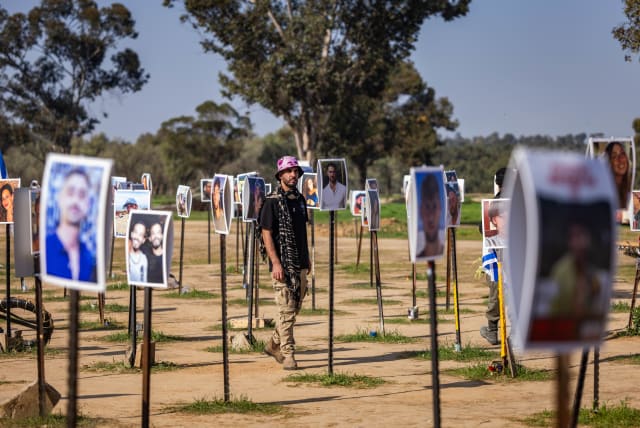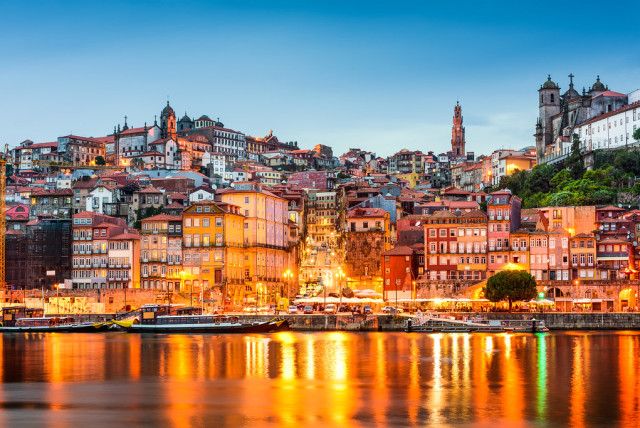Portuguese festival: 'Zionism has no place on a dancefloor'

Portuguese Waking Life festival sparks debate after equating Zionism with racism on dancefloors. Controversy ensues.
Portuguese festival Waking Life said that Zionism shouldn't be allowed on dancefloors and compared it to racism, homophobia, and sexism in an essay posted on its website and Instagram page on Monday.
In The Last Sky, the essay by Waking Life organizer Ivan March, the self-styled "Grooveologist" argued for allowing people with divergent and clashing views to take part in festivals and other events but singled out Zionism as monstrous.
"I don’t think that Zionism has a place on a dancefloor. Neither does nationalism, neither does homophobia, neither does racism or sexism or any other form of racial, gendered, cultural superiority – but we still carry our traumas around with us, so there are no guarantees when it comes to dancefloor politics," said March. "I grew up with both blood family and strangers on dancefloors deeming me, and others like me, monsters.View this post on Instagram
But it turns out that many people like coming to monsters’ balls, and we simply need to build spaces that will attract those who find belonging there. What we need to do is build structures of care, we need to speak to one another, dance closely with one another, channel radical receptivity side-by-side with radical honesty. We need to cultivate compassionate cultures and find a way to tend to our collective wounds while keeping tenderness with the troubled boundaries."
March bemoaned the destruction in Gaza and the violence around the world that was being given media attention, as well as the conflicts being ignored. He praised Israeli Queerhana for its "anarchy and peace" message but said that its legacy was "a distant echo" and "what is needed the most right now, alongside cessation of violence, is grieving, union and collective processing of the intergenerational traumas that have erupted all over the globe."
Anger over the essay
Waking Life responded on Wednesday to anger over the essay and social media post by saying on Instagram that "The internet often amplifies polarisation. The disembodied platforms reduce meaning, words get twisted, perspectives contract and the expansiveness of our musings & struggles shrink," and that they were "going to take a break from politicking now and go back to crafting our permanently-under-construction microcivilisation."
The festival argued that Zionism was not the same as Jewish self-determination and, like many ideologies, had evolved from their historical contextsView this post on Instagram
Dancefloors needed to be a space free of "separatism" such as "Sexism, racism, imperialism, terrorism, antisemitism, islamophobia, transphobia, and all related pathologies."
"To be clear," said Waking Life, " the personal is political; there is no apolitical world, and the intention to separate art from politics is itself a very political intention."
Waking Life says it is a June festival and not-for-profit association registered in Portugal.
Jerusalem Post Store
`; document.getElementById("linkPremium").innerHTML = cont; var divWithLink = document.getElementById("premium-link"); if (divWithLink !== null && divWithLink !== 'undefined') { divWithLink.style.border = "solid 1px #cb0f3e"; divWithLink.style.textAlign = "center"; divWithLink.style.marginBottom = "15px"; divWithLink.style.marginTop = "15px"; divWithLink.style.width = "100%"; divWithLink.style.backgroundColor = "#122952"; divWithLink.style.color = "#ffffff"; divWithLink.style.lineHeight = "1.5"; } } (function (v, i) { });

